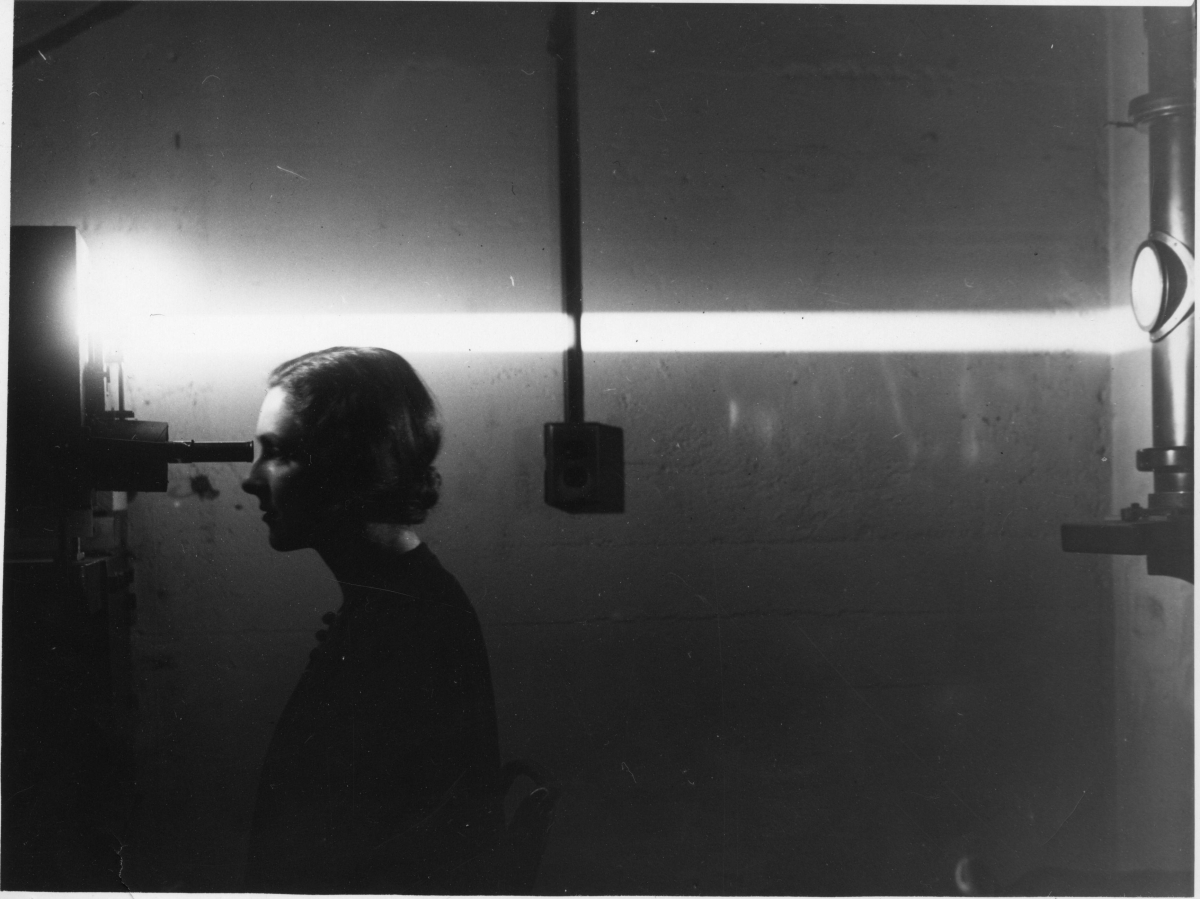Bringing the World to Wellesley
I was excited to read about April’s summit, Renewing Democracy: Women Leading the Way (“Citizenship in Action,” summer 2024), because I was reminded of Miss Ball’s Symposium on Africa in [February 1960]. Many young Black men, groomed by the colonial powers who had run their nations, were about to become the first independent leaders of their countries. Every one of the speakers praised Miss Ball and the United States’ model of freedom and individual rights and pledged to institute such rights in their own new countries. Some did, and some didn’t.
I also remember, later that year, Robert Frost preceding his reading by declaring that we should all leave Alumnae Hall and return to our dorm living rooms where we could watch the only TVs allowed on campus to see the first Kennedy-Nixon debate. Frost stated that he would not have to live under whichever candidate won, but we would, and therefore we should not be sitting listening to an old poet. (No one left.)
Many classes and friendships and events contributed to my time at Wellesley, but those two campuswide gatherings dominate my sense that Wellesley is a place that safeguards its students and all the rest of us. We need you. I need you.
Patricia Cole Danielson ’63, Salem, Mass.
Kudos to Provost Shennan
As an alumna from another era, 1959, I want to express my admiration for and gratitude to Andrew Shennan [former provost and Lia Gelin Poorvu ’56 Dean of the College and professor of history] for his stellar service to Wellesley. He has been approachable, wise, friendly, and thoughtful to all in the College community, including its alumnae! Thank you, Andy!
Rosamond Brown Vaule ’59, Boston, Mass.
More Joyful Remembrances
Joy [Renjilian-Burgy, associate professor emerita of Spanish] (“In Memoriam,” spring 2024) helped to define my Wellesley experience in all the best ways. She was one of my Spanish professors and furthered my love of the Spanish language while also encouraging me to apply to and become a Mellon Mays Undergraduate Fellow. I also chose to study abroad in Córdoba because of Joy. Joy was instrumental in guiding my post-Wellesley plans, spending countless hours exploring and talking through options during my senior year that led to me receiving a master’s in international comparative education from Stanford University. That degree, along with my Wellesley coursework, enabled me to excel in a career in international development and work at the same organization for the past 17 years. I will never forget Joy’s passion for her work and her students, her dedication to many causes, her unwavering commitment to seeing her students flourish beyond Wellesley, and her witty humor. All these years later, when it comes to work and life choices, I still pause and ask myself, “What would Joy do in this situation?” We were all so lucky to know her and to be loved, encouraged, and inspired by her.
Oni Lusk-Stover ’05, Charlottesville, Va.
I was fortunate enough to have Ms. Renjilian-Burgy as a high school teacher and college professor. She greatly influenced my decision to attend Wellesley, and I am indebted to her for her joy and skill in teaching. She was very adept at it and aptly named. She exuded joy. And she will be missed.
Andie Werner Insoft ’83, Hull, Mass.
Correction
The archival photograph on page 36 of the spring issue is from 1936, not 1939, and the previously anonymous person pictured is Alice Taylor Harte ’33, M.A. ’37, who earned a master’s degree while working for Dr. Duncan, then chair of the astronomy department. The editors thank Alice’s daughters, Victoria Harte Money ’64 and Judith Harte ’68, for bringing these details to our attention.

Major Musings
In the spring 2024 issue of Wellesley, both the article on “Rethinking the Renaissance” and the one on “What’s Your Major?” reminded me of my major journey in the early ’70s. The sidebar “A Med/Ren Milestone” indicates that the Medieval and Renaissance Studies Program was founded in 1975—the same year that I graduated. I essentially had a medieval/renaissance major, but because I was taking at least eight courses in the English department and there was no official medieval/renaissance major, I took the easier path of declaring an English major rather than creating my own independent major. I also had at least eight courses in classics, but because I was starting both Latin and Greek from scratch, I did not have sufficient upper-level courses to double major in classics. All of those classes, including history from Mr. Cox and Old English from Miss Lever, gave me a solid foundation for my second B.A. in the Anglo-Saxon, Norse, and Celtic tripos at Cambridge University and my Ph.D. in medieval studies (within the English department, though one of my advisors was in religious studies—my dissertation was on “The Gospel of Nicodemus in Anglo-Saxon England”) at the University of Pennsylvania. And 35 years later, my daughter, Nicola Collett ’10, did major in medieval and renaissance studies.
Katherine Smith Collett ’75, Clinton, N.Y.





We ask that those who engage in Wellesley magazine's online community act with honesty, integrity, and respect. (Remember the honor code, alums?) We reserve the right to remove comments by impersonators or comments that are not civil and relevant to the subject at hand. By posting here, you are permitting Wellesley magazine to edit and republish your comment in all media. Please remember that all posts are public.